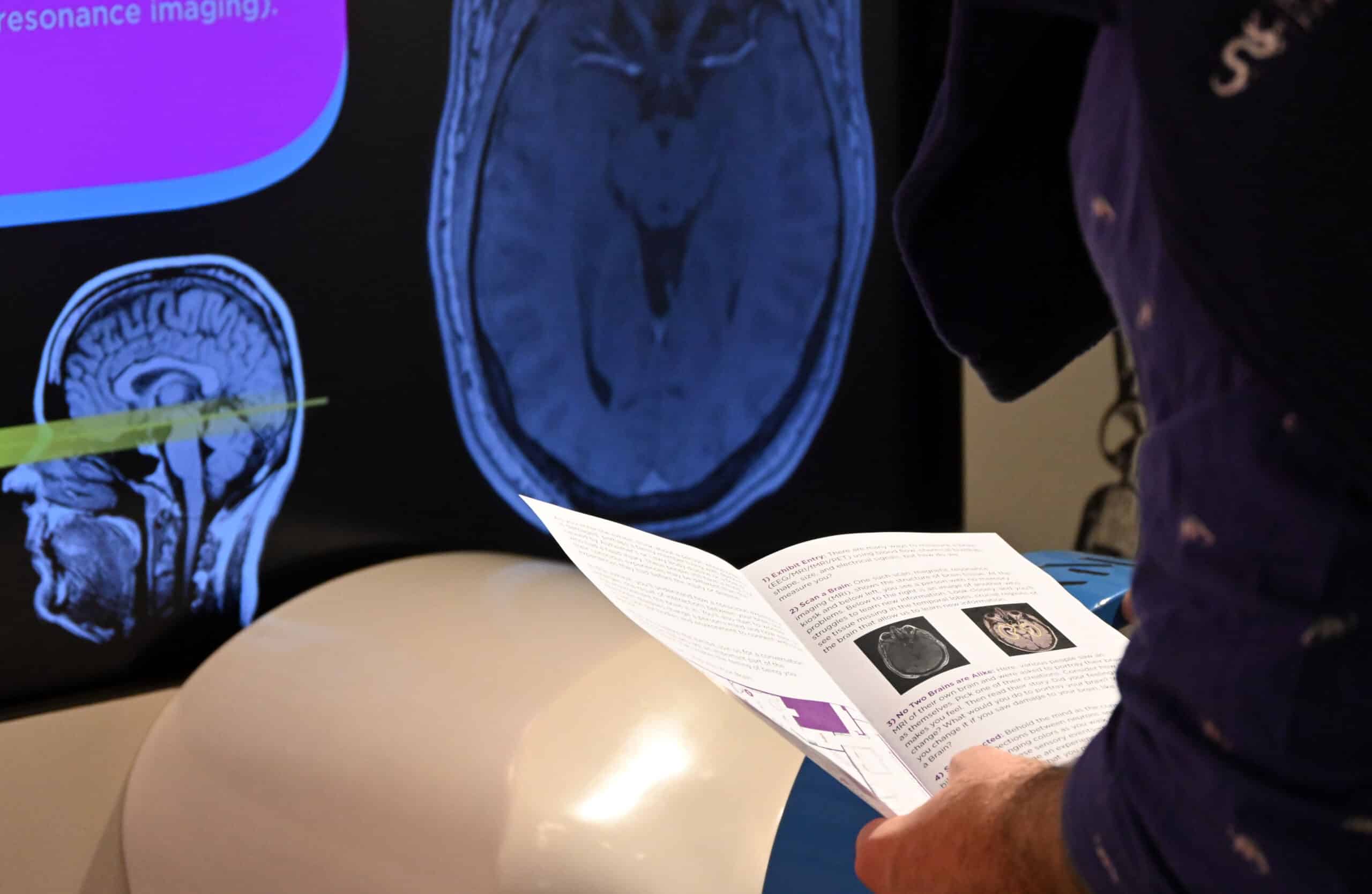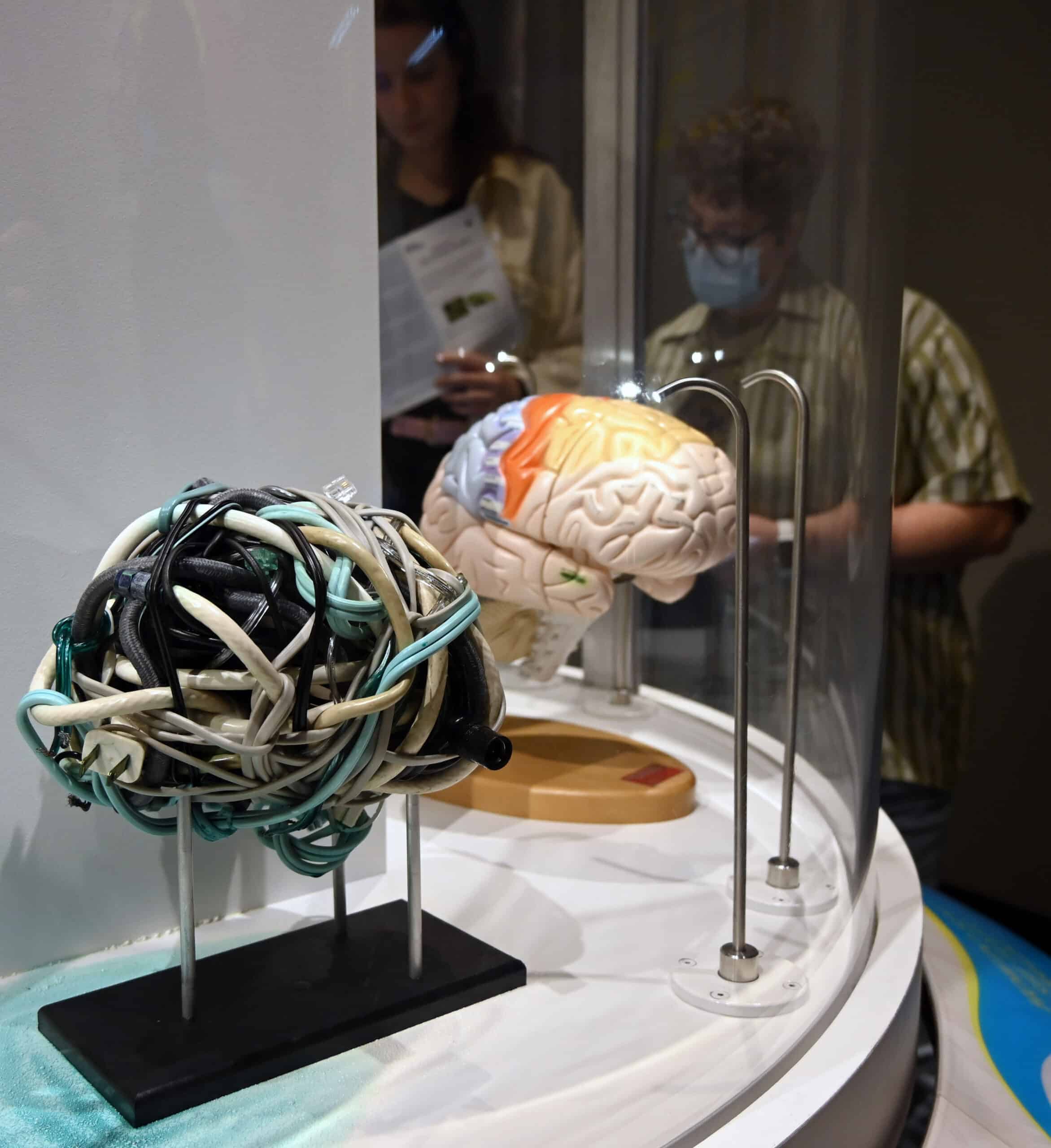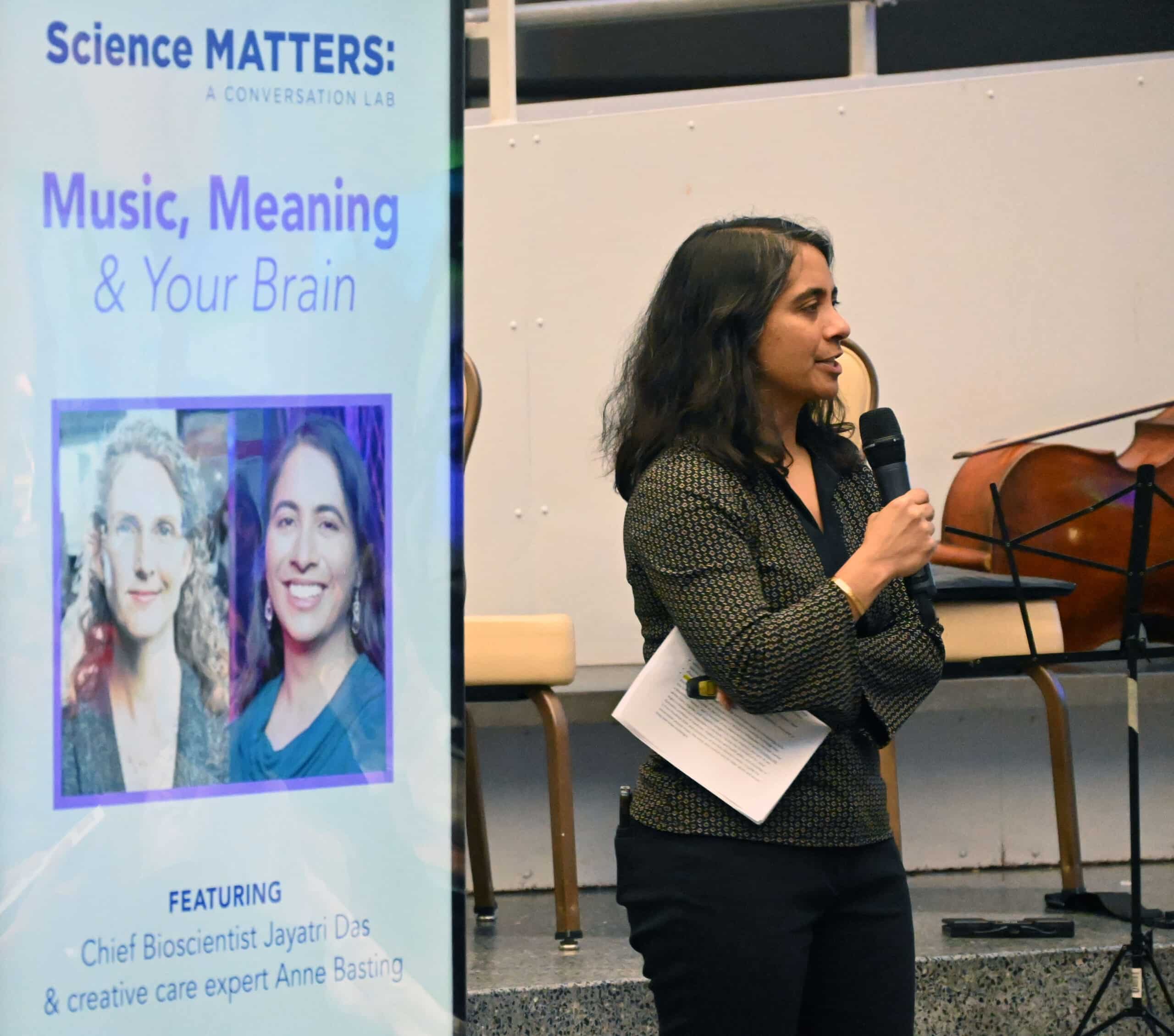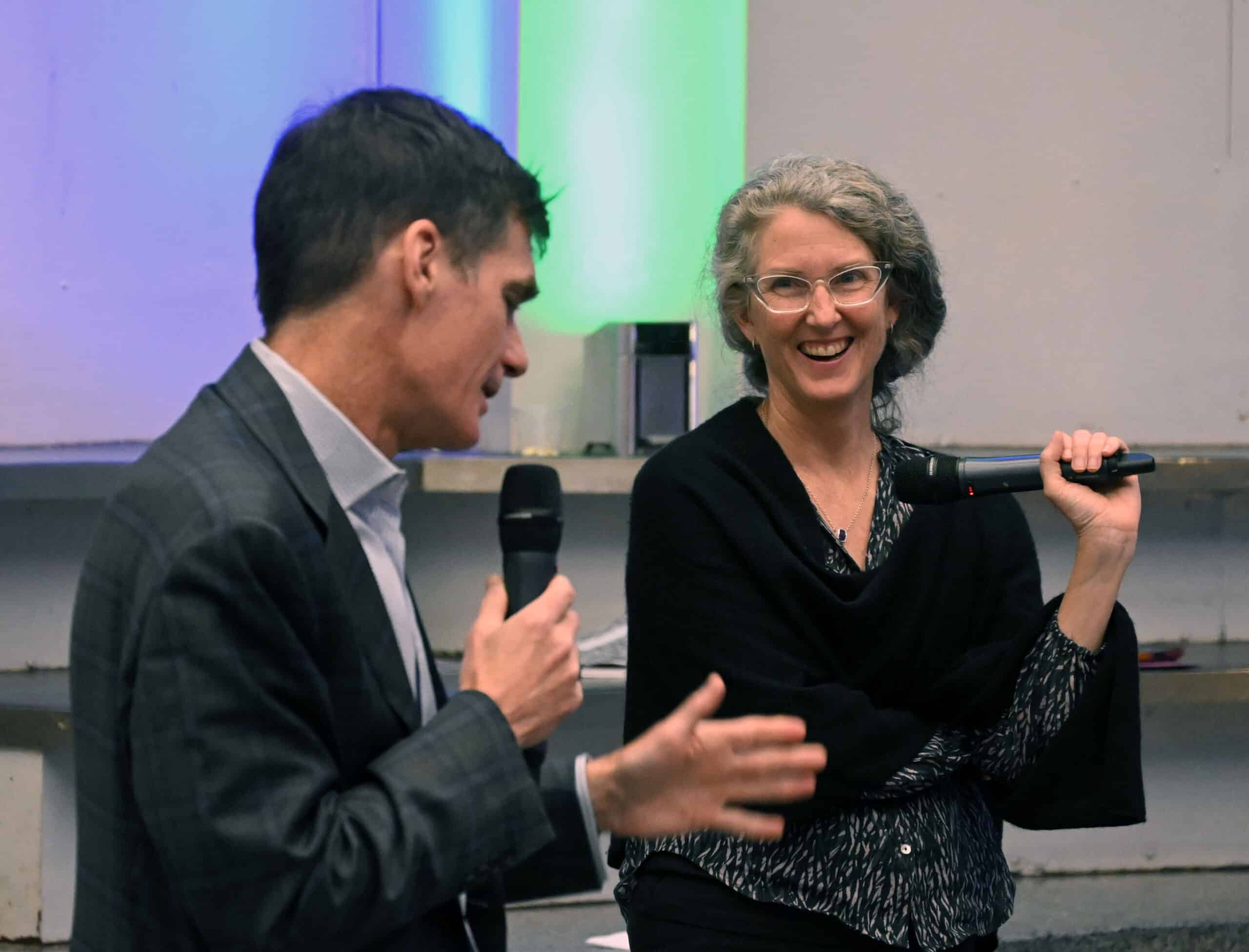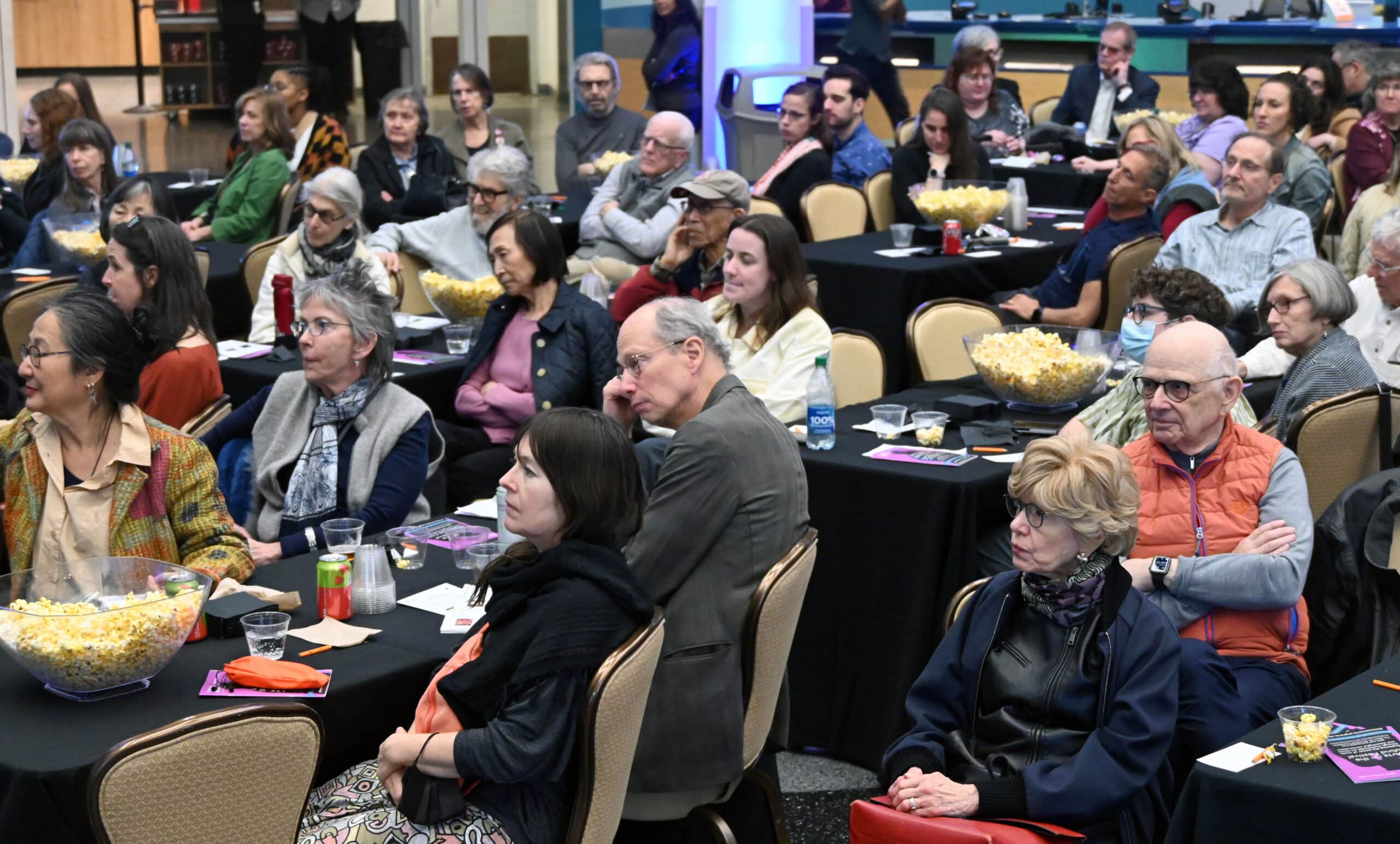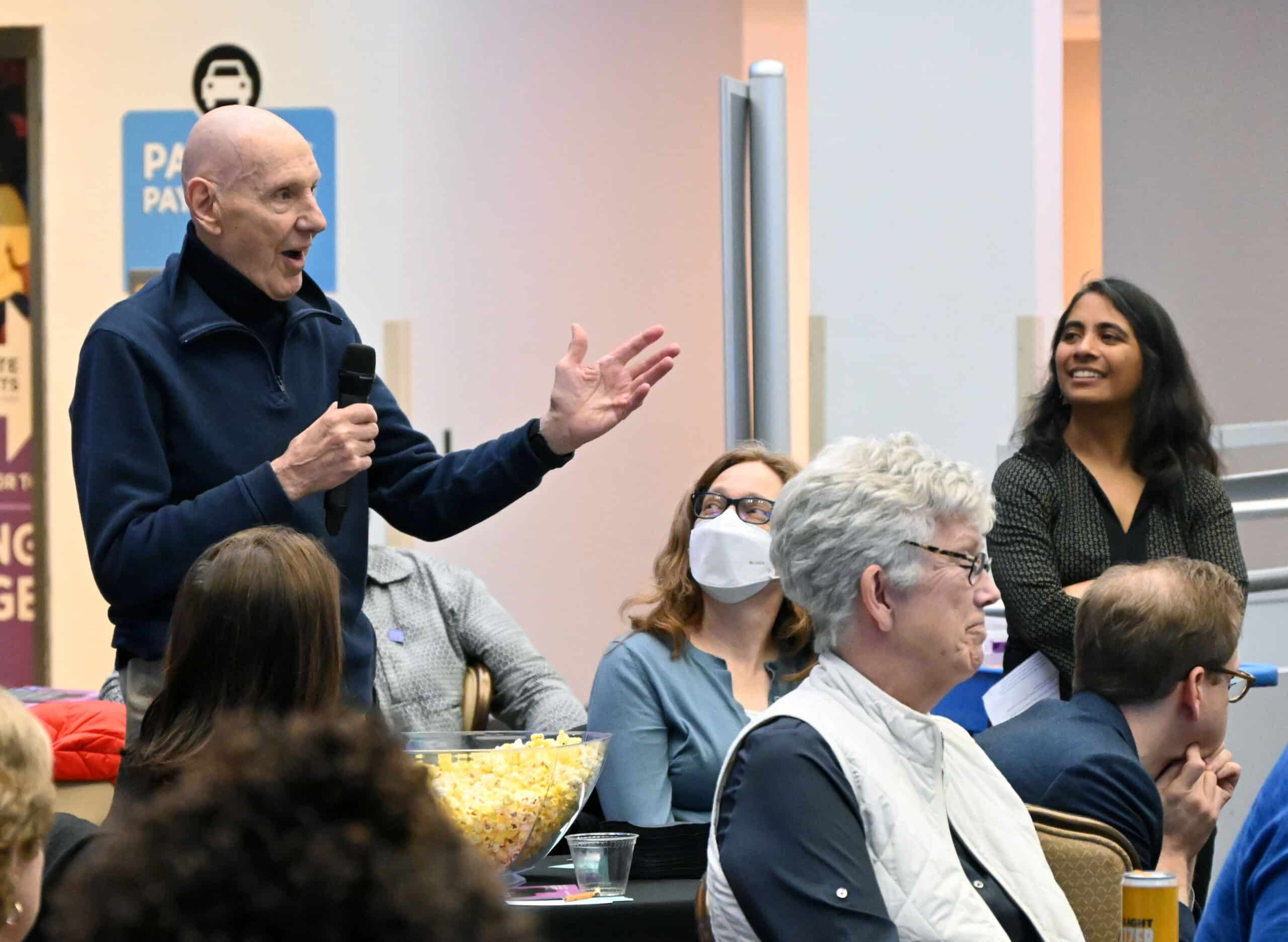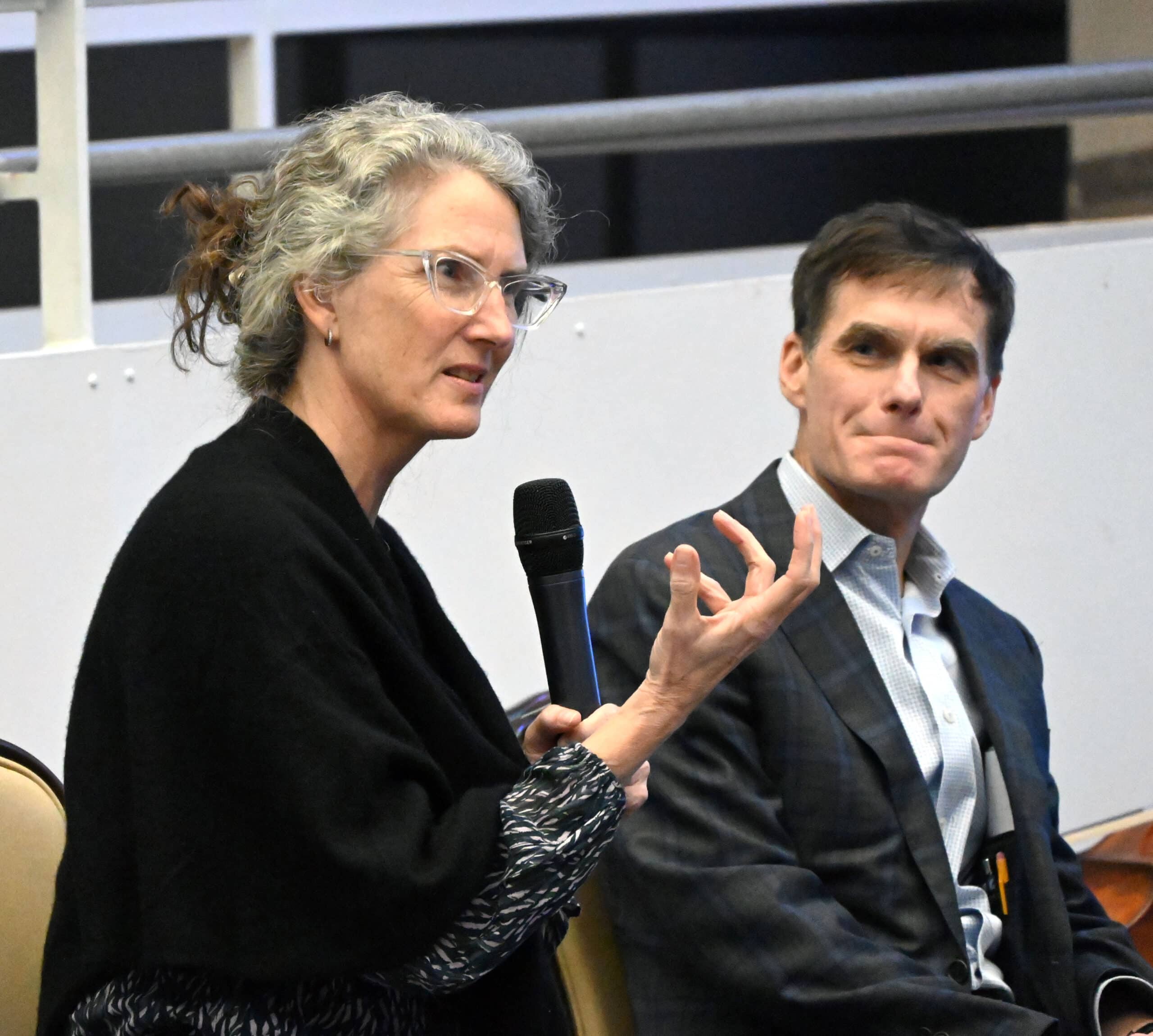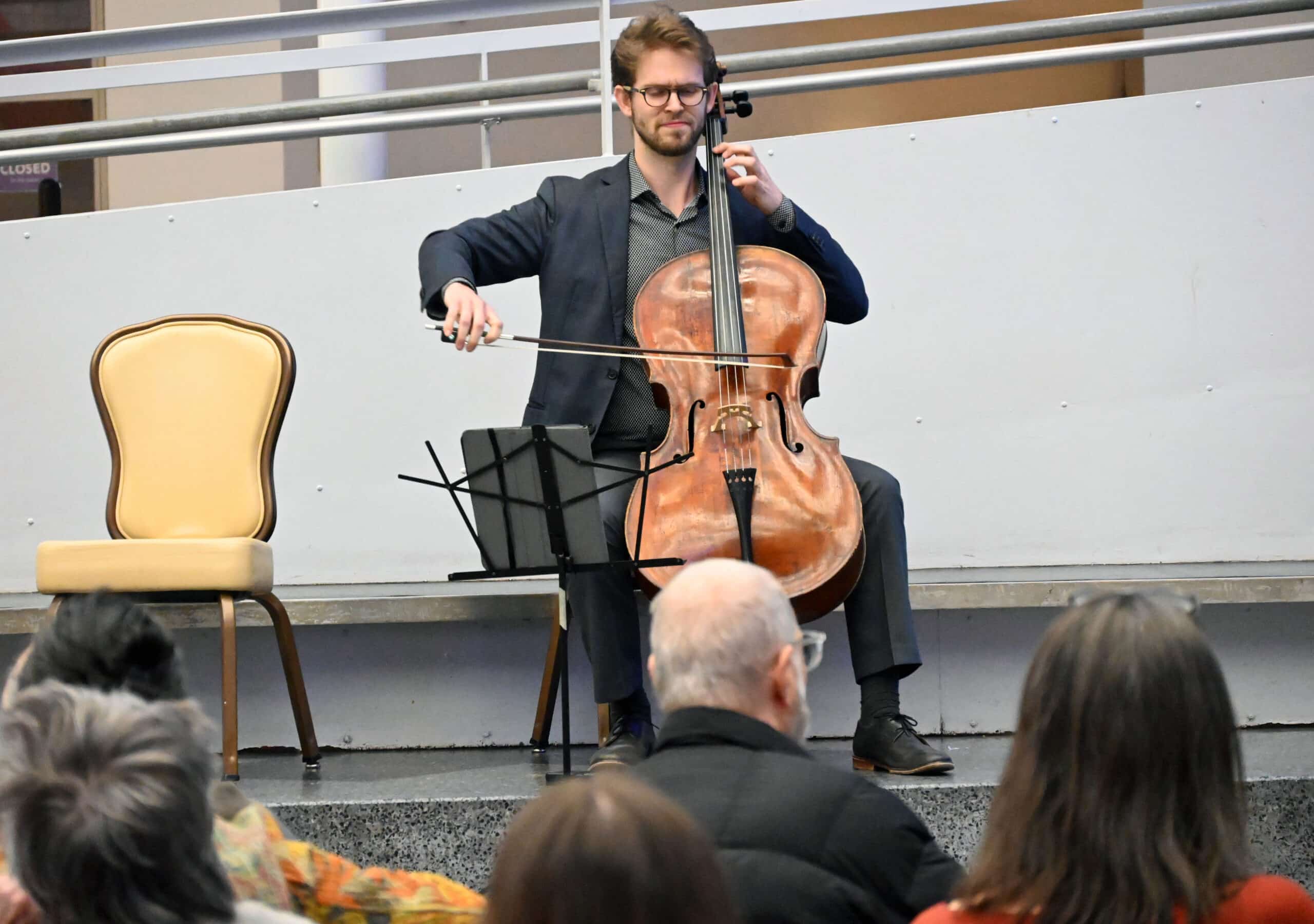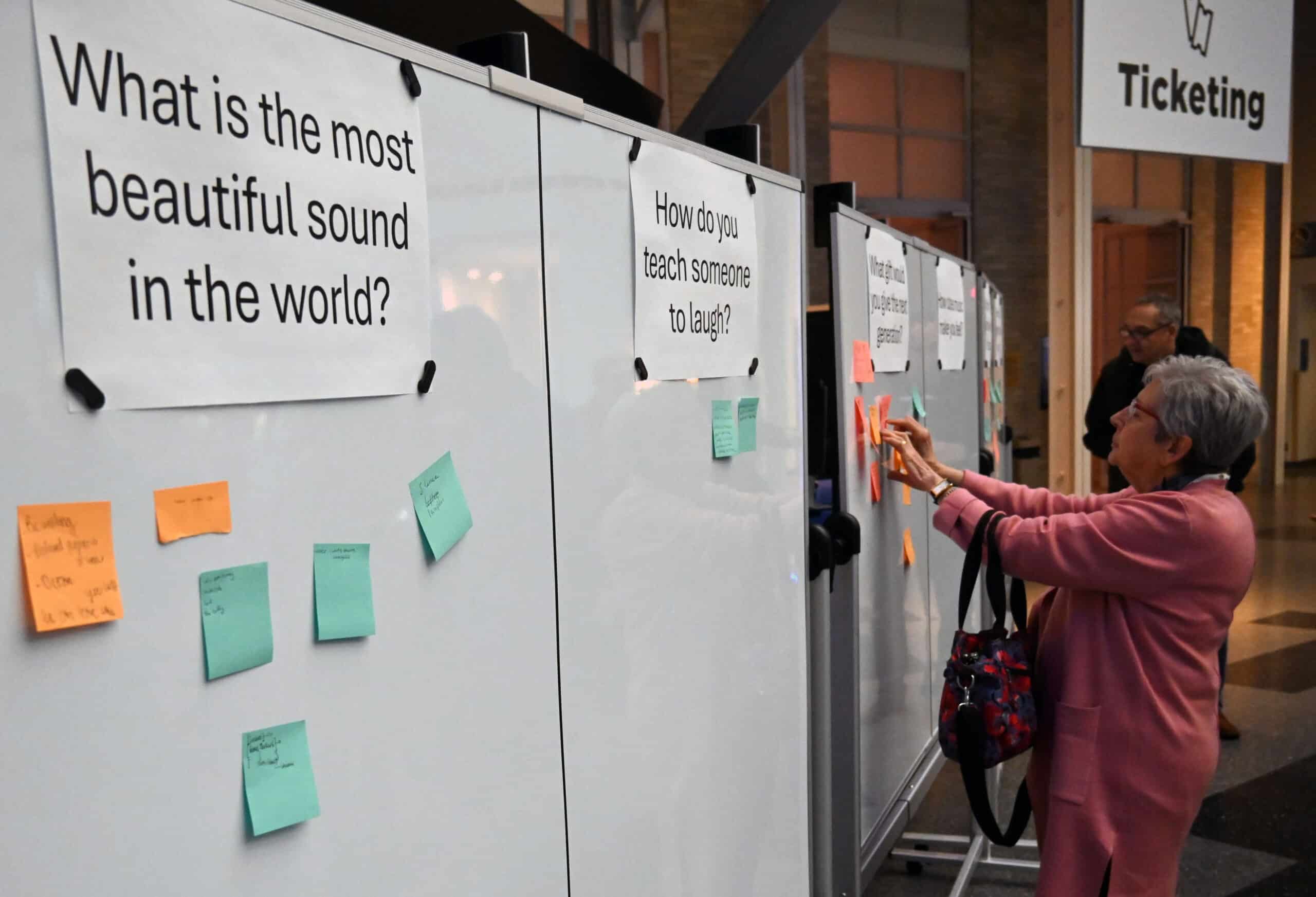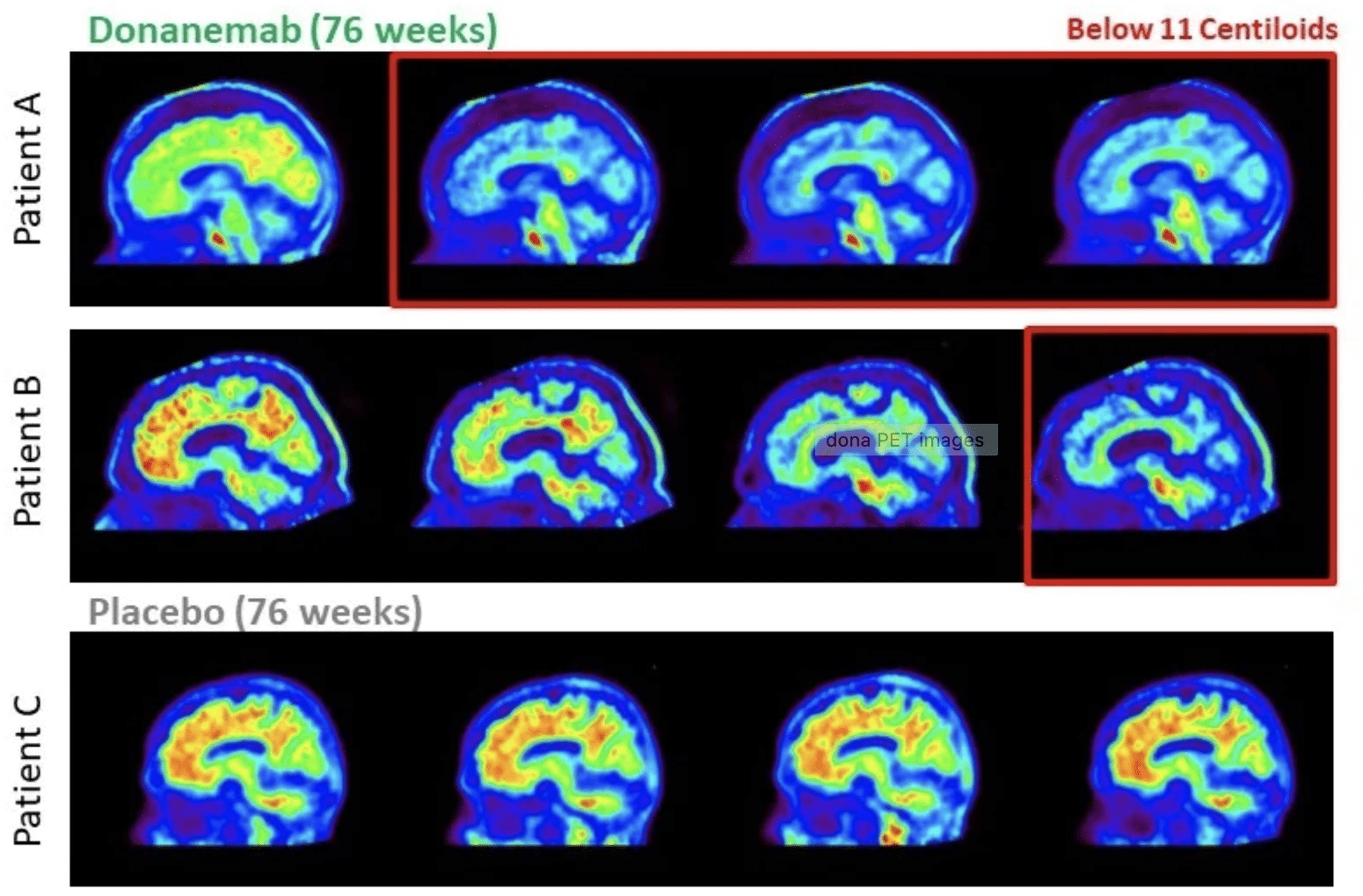By Meghan McCarthy
Editor’s Note: In light of the 2024 PennAITech Symposium, this article is a part of ongoing coverage on the intersection of technology and dementia.
I was in sixth grade when my family moved to Pennsylvania. Born and raised in Massachusetts, the prospect of the move seemed alike to epic adventures I would read as a kid.
In the years that passed, living in the Keystone State became familiar. I grew to love Wawa and enjoyed a soft pretzel school snack. I identified New England versus Pennsylvania vernacular, such as ‘bubbler’ versus ‘water fountain’ and ‘sub’ versus ‘hoagie.’ My family binged the Rocky movies and ran up the iconic steps together in Philly.
While being away from home was hard, we made regular trips back home to visit my grandparents. Lovingly called ‘Ammi and Appy’ by their grandchildren, they are the heart of my family.
Making the trek to visit them became a beloved monthly trip. Then COVID hit. Suddenly, our route home was blocked by a global pandemic.
It was then that my family became reliant on technology.



